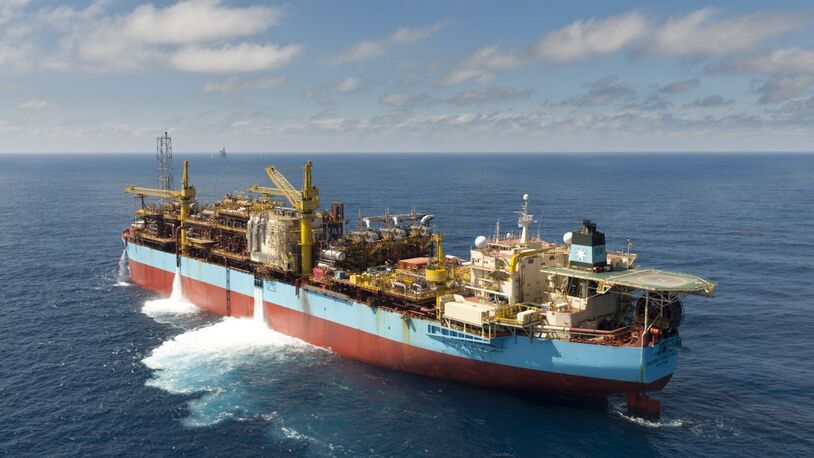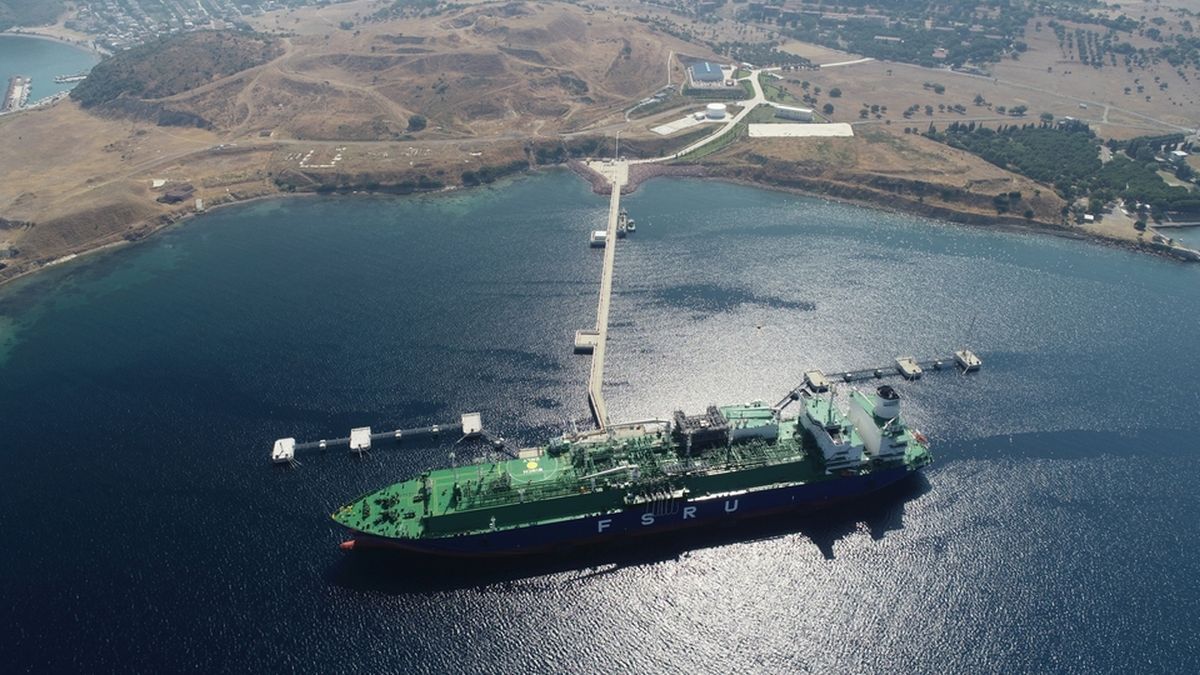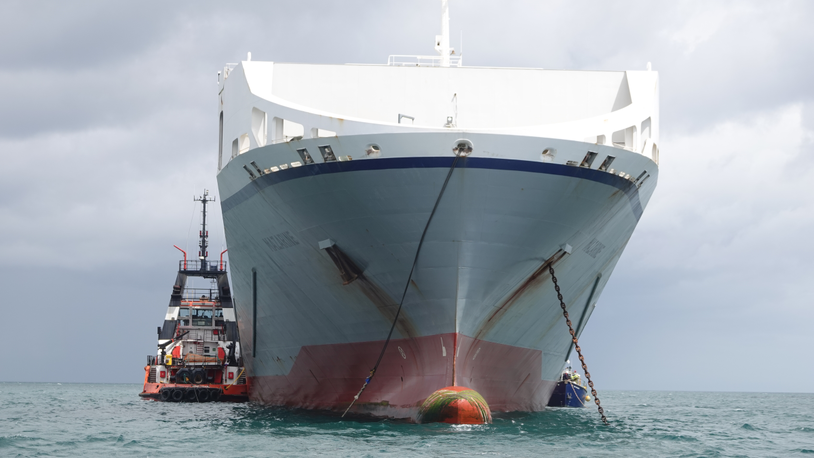Business Sectors
Contents
Respect at sea: IMO's International Day of the Seafarer 2025 aims for 'harassment-free' ships
25 June is International Day of the Seafarer – a day designated by the United Nations to recognise the critical role seafarers play in global trade, securit, and the flow of essential goods
Each year, IMO selects a theme to celebrate International Day of the Seafarer. IMO said the theme for 2025, My Harassment-Free Ship, calls attention to the urgent need to eliminate bullying and harassment in the maritime industry and to foster a culture of dignity, safety and inclusion on board every vessel.
"The campaign calls on everyone to stand together to build a maritime industry where every seafarer feels protected, valued and respected; and where every ship is a harassment-free ship," IMO said.
In what it said was a call for collective action, the IMO listed four steps it is taking and asking the industry to take, which are to raise awareness about the reality of harassment at sea, promote proactive industry action to implement zero-tolerance policies, encourage reporting and accountability through safe, accessible channels and equip seafarers with the support and training needed to navigate and address incidents of harassment.
"Seafarers form a remarkable global workforce that calls ships their place of work. It is a unique, exciting and demanding environment – one that must be free from violence and harassment," said IMO secretary-general Arsenio Dominguez. "IMO is taking action, and we invite all stakeholders to join us in this movement. No one should feel alone in their struggle."
The IMO said it is taking concrete steps to tackle harassment in the maritime workplace.
A key new IMO initiative is the launch of an Interactive World Map, which highlights reporting channels, national policies, and support systems by flag state. This tool is designed to empower seafarers to access help, wherever they are in the world, and to promote transparency in the maritime response to harassment.
And, starting 1 January 2026, mandatory training on the prevention of harassment, including sexual assault and sexual harassment, will be required under the Standards of Training, Certification and Watchkeeping for Seafarers (STCW) Code. The amendments were adopted in 2024, strengthening protections for seafarers.
"We have taken a decisive step to amend the STCW Code, mandating training for all seafarers on preventing and addressing violence and harassment, " said secretary-general Dominguez.
In 2022, WISTA International, Anglo Eastern, International Seafarers Welfare and Assistance Network (ISWAN) and International Chamber of Shipping (ICS) conducted a public online survey designed to examine how female seafarers perceived discrimination and how it manifested on board vessels.
The survey covered 1,128 women seafarers from 78 countries, with 60% of women reporting encountering gender-based discrimination on board, 66% of respondents agreeing that male employees had turned to harassing and intimidating female co-workers and 25% reporting that in the shipping sector, physical and sexual harassment is common, occurring on board and involving violations of privacy. Notably, 90% of the respondents to the survey worked in the cruise sector.
At its May 2025 celebration of its International Day for Women in Maritime, IMO led panel discussions at the event focused on highlighting the voices of women who work or have worked at sea or for seafaring organisations. The discussions brought up themes of bullying and harassment, mental health challenges and in particular the challenge posed by the Covid-19 pandemic.
"The issues that affect people or stop them from wanting to continue at sea are the same for men and women," said president of the Australasian Marine Pilots Institute Captain Josephine Clark.
Captain Clark noted the impact of a lack of shore leave – particularly during the Covid pandemic – as well as lack of access to internet connectivity as particular barriers for the shipping sector’s appeal.
"The treatment of seafarers, generally, is not encouraging people to go to sea – and those issues affect women and men equally," she said.
Indeed, shipping is widely predicted to be on the verge of a ’crewing crisis’, with a 2021 BIMCO report predicting there will be a need for an additional 89,510 officers by 2026 to operate the world’s merchant fleet of ships. And, as marine ecologist and science communicator Alannah Vellacott said in a panel discussion on youth and conservation in the maritime sector, that took in aspects of shipping’s continuing diversity problem, "Half of the conversation is not attended by half of the population". Applied to the shipping sector, the sentiment shows that shipping will need to do more to reach, attract and retain the 49% of the world’s workforce that are women. And, while positive discrimination practices were cited by a few of the presenters, the practice was presented as an exception in shipping.
Sign up for Riviera’s series of technical and operational webinars and conferences:
- Register to attend by visiting our events page.
- Watch recordings from all of our webinars in the webinar library.
Related to this Story
Events
Maritime & Offshore Community Golf Day 2025
Offshore Wind Webinar Week
Maritime Decarbonisation, Europe: Conference, Awards & Exhibition 2025
Offshore Support Journal Conference, Americas 2025
© 2024 Riviera Maritime Media Ltd.















